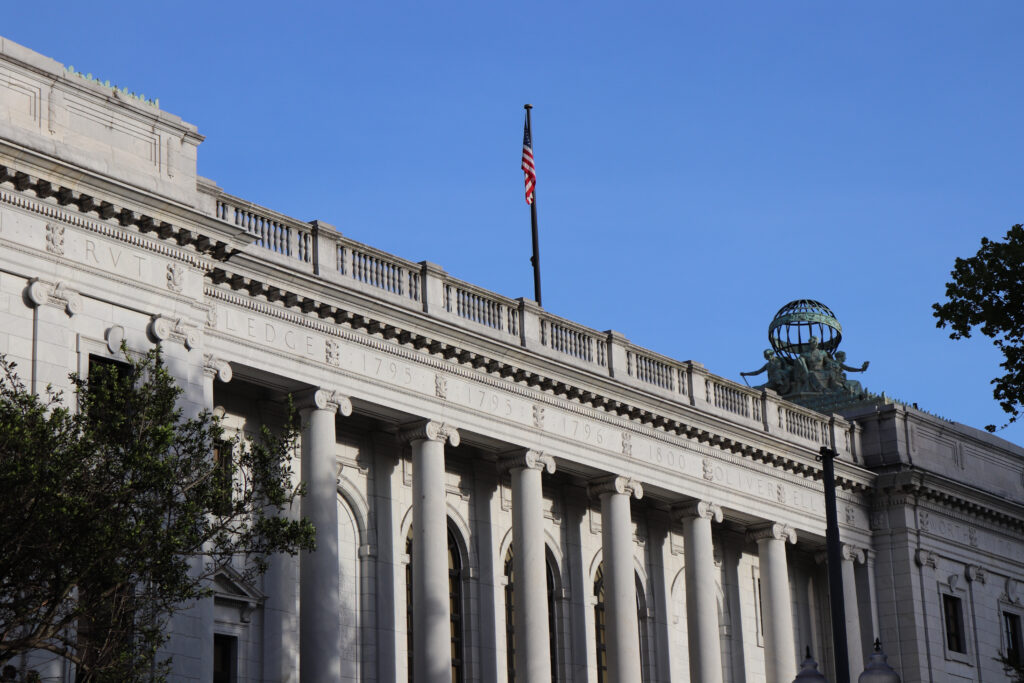
Fifth Circuit: Mortgage Servicing Rules Apply to Servicers Only
In a case of first impressions, the Fifth Circuit has held that the CFPB’s Mortgage Servicing Rules only apply to servicers and do not impute liability to the lender. In Christiana Trust v. Riddle, the consumer alleged that the prior and current servicers of her mortgage violated the Mortgage Servicing Rules by failing to evaluate her loss mitigation application as required by 12 C.F.R. 1024.41(c)(1). Riddle contended that the original lender, Bank of America, was vicariously liable for its servicer’s violation. The Fifth Circuit affirmed the dismissal of the claims against Bank of America in part because it held that “Bank of America, as a matter of law, is not vicariously liable for the alleged RESPA violations of its servicers.” Christiana Trust v. Riddle, 2018 U.S. App. LEXIS 36217, *7 (5th Cir. Dec. 21, 2018).
In reaching its conclusion, the Fifth Circuit looked at the express language of both the Mortgage Servicing Rules and the source statute, RESPA. The Court noted that the regulation only imposes duties on servicers. See 12 C.F.R. 1024.41(c)(1) (if a servicer receives a complete loss mitigation application… a servicer shall…”) (emphasis added). Likewise, a servicer’s obligation to comply with the Mortgage Servicing Rules derives from RESPA which provides that only “a servicer of a federally related mortgage shall not… fail to comply with another obligation found by the Bureau of Consumer Financial Protection, by regulation, to be appropriate to carry out the consumer protection purposes of this chapter.” 12 U.S.C. §2605(k)(1)(E) (emphasis added). The Court was further persuaded by the fact that 12 U.S.C. §2605 imposes liability on “whoever fails to comply with this section” rather than a more broad class of interested parties. The Court concluded that “[b]ecause only ‘servicers’ can ‘fail to comply’ with 12 U.S.C. §2605(k)(1)(E), only servicers can be “liable to the borrower’ for those failures.” Id. at *8.
The opinion is good news for lenders as there is now some precedent that lenders cannot be held vicariously liable for their servicers’ violations of the Mortgage Servicing Rules. At least in the Fifth Circuit, lenders are provided with some insulation from liability.

